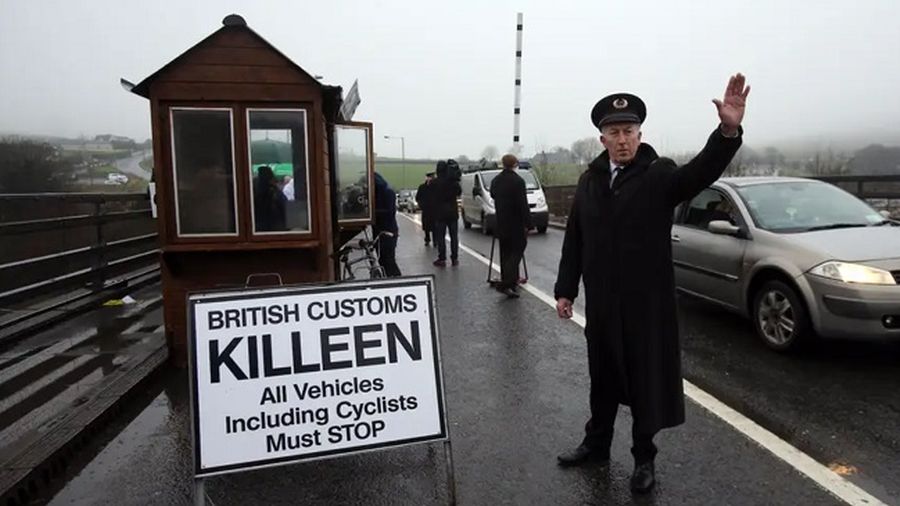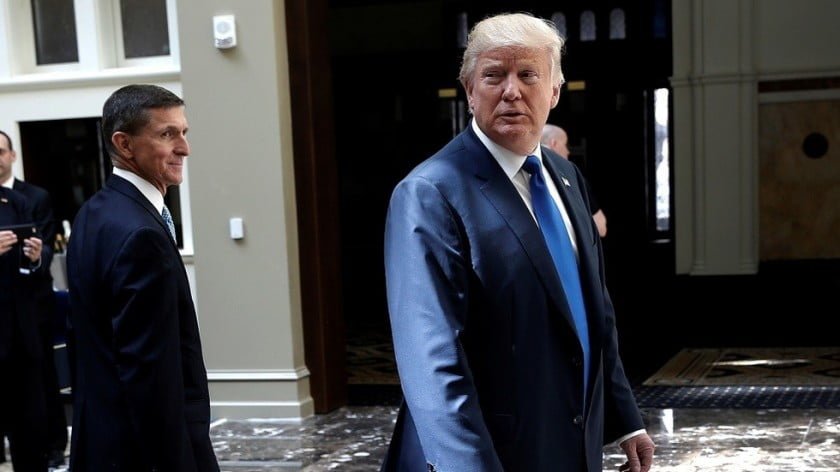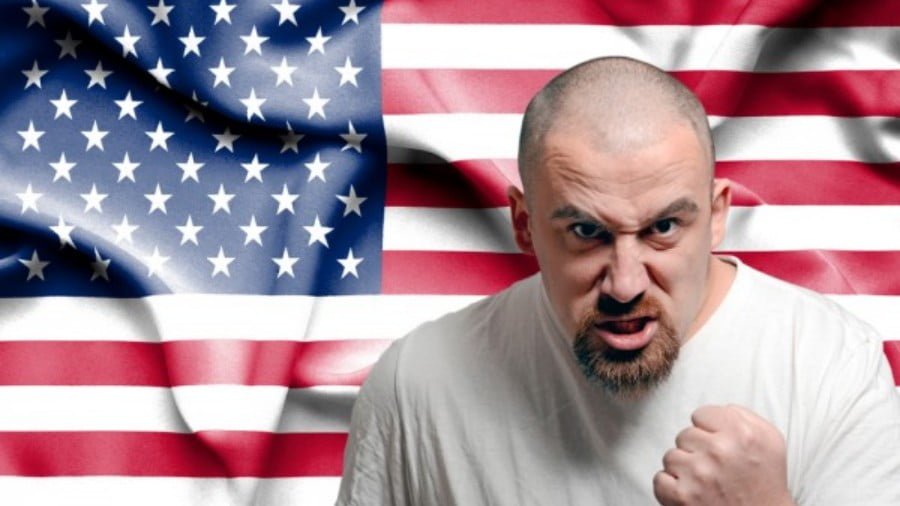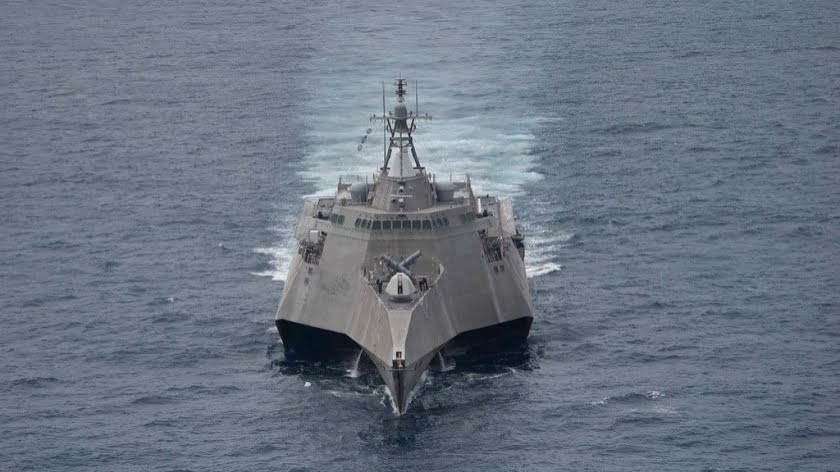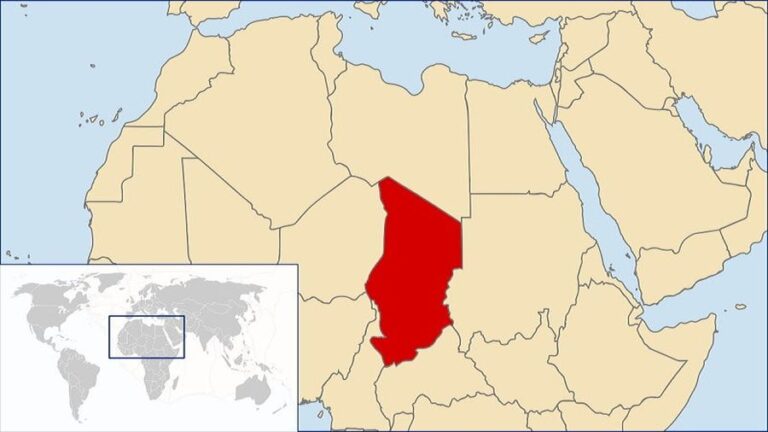“Northern Ireland Protocol”: What It Is and Why It Matters?
It you want to write an article nobody will read, the best headline is probably “Northern Ireland Protocol”. Ever since it was made part of the renegotiated Brexit agreement in 2019, everyone has been either upsetting people by arguing about it, or choosing to ignore it.
Everyone is sick and tired of hearing about Northern Ireland and its endless conflicts, even those in the province itself who used to lap up every sordid detail. Even after a long period of peace, no one wants to touch it for fear of not understanding it.
Protocols are also dry, technical things no one wants to read about. The combination of arcane disputes and arcane legal language would make most readers abandon their journals and head for the hills.
The UK government can never be forgiven for inflicting such a subject on the public again, by trying to change the same document it signed because it doesn’t work. But having done so, it has to bear consequences which may prove worse than it has arrogantly chosen to believe were possible until now.
Apparently everyone is so sick of Northern Ireland that they want to pretend they don’t know what little they do know about it, and don’t understand what they do understand. This is the only explanation for why we have this protocol, the making-the-best-of-a-bad-job it is designed to achieve, and how we ever got to this point.
The protocol is all about Brexit, and how we all feel about that, whatever side of the fence we are on. But it is also about something much deeper: hoping that if you want something to go away, that in itself will make it do so.
We all like to do this, as individual human beings. Sometimes leaving an issue to God is indeed the wisest solution. But those who set themselves up for leadership can’t behave like this.
If they don’t know what to do, and thus leave the matter alone, at least until events present a solution, fair enough. But assuming that you don’t need to know what to do, because you don’t want to think about the problem, is a hideous abrogation of responsibility which there is no escape from – and anyone who knows anything about Northern Ireland, of all places, should know that.
The House That Crap Built
The Northern Ireland Protocol is a product of Brexit which no one thought about beforehand because they didn’t want to. Brexiteers, including the Northern Irish, thought it wouldn’t matter because it was too difficult to present the issue it addresses in a positive way for their supports. Remainers didn’t focus on it, even if aware of the issue, because they were not going to persuade any voters elsewhere by going on about Northern Ireland.
Put simply, the protocol was a negotiated settlement designed to keep all sides happy. Northern Ireland, as part of the UK, is no longer in the EU. The Republic of Ireland still is. Therefore the land border between Northern Ireland and the Republic has now become not a national boundary but a trade border, at which different rules, administered by different authorities, apply.
Thousands of people cross this border every day, so to work and to trade. So no one wanted to impose new restrictions on this activity, particularly given the history of Ireland, and the new power sharing arrangements in the north which give increased civil and political rights to the Irish nationalist, predominantly Catholic, population.
Nor did the EU want to deal with a situation in which this cross-border activity created a smuggling zone. Goods imported into Northern Ireland from other parts of the UK would no longer necessarily be compliant with EU standards, either in quality or paperwork. Nor would the same apply in reverse. So neither side wanted a situation where goods which broke the relevant regulations were entering the EU or UK without checks, simply because the effectively open border allowed this.
So a Northern Ireland protocol was invented which put a border in the Irish Sea, with regulatory checks taking place when goods from the UK mainland arrived in Northern Ireland, not the Republic. The British government insisted this was a good deal. The EU was less enthusiastic, but accepted it as the best of a number of bad options available, all of which had arisen because the UK had chosen to leave the EU, against the EU’s will.
Now those same UK government members who supported, promoted and even negotiated this deal are saying it has to be scrapped, due to the quantity of paperwork involved and the associated difficulties. As the EU has repeatedly said, this legally binding international agreement was the UK’s idea, the product of UK policy, and the UK signed it and presented it as a victory over the EU. But now the UK wants to call itself a liar, whose government members cannot read, and are now blaming the EU for all the things they said were so good at the time.
This reveals the major difference between the two sides. For the EU, a solution to this problem would have been the UK remaining in the EU, or at least the single market and its common rules. But the UK saw the protocol as a solution, just like certain people saw Brexit itself. With these few words on paper, everything is fine, and the Northern Ireland we don’t want to think about will no longer be a problem, because we don’t want to think it is.
But why don’t British politicians want to think about Northern Ireland? Is it because “Northern Ireland” and “solution” are two mutually exclusive terms? For at least 300 years politicians have been trying to find solutions to it, but instead only shifted the province from one problem to another.
This lot must think they are superior to every member of every previous UK government if they think that anything they do in connection with Northern Ireland could ever be a solution. But that is what they chose to think, and now they want to run away from the consequences, just like no one else has ever been able to do in the preceding 300 years, including statesmen of far higher calibre than anyone connected with present day policy.
South Atlantic in Their Bones
It was understood that the majority Protestant and Unionist population, who invented the modern “Northern Ireland” by refusing to accept the independence bestowed on Ireland by the UK, would object to the concept of Northern Ireland being treated differently to the rest of the UK. But this time it was going to be different. This time the Brexit Fairy would make the Unionist concerns go away, and the issue would no longer matter.
This is wilful insult to Unionist identity. Yes, most of them supported Brexit, and most of their leaders did. But no one erected it into an issue of such importance that as long as they got Brexit, nothing else would matter.
The Falkland Islands or Malvinas are one of the last remaining parts of the British Empire, but Argentina has always claimed they are actually Argentinian sovereign territory, and the British an illegal occupation force. No middle ground has ever been reached, and on-going international efforts by Argentina seem to be bearing some fruit.
Few people in the UK knew of, or cared about, the Argentinian claim until General Galtieri, leader of Argentina’s military junta, invaded the Falklands in 1982. They knew still less about why Galtieri had felt compelled to take that action, rather than any other, to try and save his regime, and why his defeat in the subsequent conflict triggered the end of the dictatorship, not just him.
Every Argentinian knows that the Malvinas belong to Argentina. It is as obvious to them as being a Unionist is to a Northern Irish Protestant. The islands are marked as Argentinian on domestic maps, and no matter what else you offer the population, it is not more important to their identity than the claim to the Malvinas.
The military had to make way for democratic rule in Argentina because they fought on this issue and lost. It wasn’t that they had humiliated the country; they had taken its people’s identity away.
Those who had surrendered, and thus tacitly accepted their claim was wrong, were no longer Argentinian. No matter what other benefits they could offer, the military no longer had anything to do with the Argentinian people, who could be repressed by their own kind, but not by alien beings who would not even ask their opinion.
The British government saw that Northern Irish Unionists supported Brexit, so they thought they could sign the Northern Irish majority up to the whole agenda if they delivered that Brexit, making the old identity politics a thing of the past. Too late have they discovered that Brexit was only supported because it confirmed the separate Unionist identity, and if it tries to usurp it, it will go the way of all the other schemes designed to change Northern Ireland since The Battle of the Boyne.
Nowadays people in Northern Ireland are happy to work together across communities, building all the bridges they can. None of this will make Unionists or nationalists stop automatically looking at things differently, in the same way Serbs and Croats will always view Yugoslav history differently.
Regardless of any ideology, it is who they are. Take those identities away, and you are a foreigner, you have no place in that land, no one will listen to you and the people will find different ways of reaffirming their old identities, particularly when they are struggling economically.
Neither side will give up anything for Brexit. Both are being asked to make yet more sacrifices for an idea which isn’t relevant and isn’t working. Neither is going to put the decision of the UK as a whole, not accepted by the Republic of Ireland, ahead of local concerns and basic human needs.
One Sided Coin
The British government has a novel solution to the problems caused by the deal it told us was so good: to flip the assumption that lies behind it. At present, the customs checks are considered necessary because goods which do not meet EU standards might enter the EU without them. BoJo and his clowns are now putting their reddest noses on their two faces and saying that the assumption should be the reverse: that goods entering Northern Ireland will not cross into the Republic of Ireland, unless there is specific reason to believe otherwise.
The only way this cockamamie idea would hold water is if there was minimal cross border traffic, and it was decreasing. Every time anyone walks out of their front door they carry goods they have been allowed to buy because they are governed by a trading regulation: their clothes and keys, to start with. The only way to stop that is to reintroduce a hard border, and neither the EU, the two communities in Northern Ireland or, ultimately, the British government, is going to stomach that possibility.
Unionists object to Northern Ireland being treated differently to the rest of the UK because it dilutes that union. Nationalists object to the British government imposing any checks on anyone or anything in Ireland, after centuries of British occupation and plantation of compliant settlers. Both communities have their own reasons for both objecting to, and putting up with, the existing protocol. But changing it unilaterally, at British government diktat, and sparking a UK-EU trade war will unite those communities as never before.
The Bombs Are Bigger This Time
At the recent UK local elections Boris Johnson’s Conservatives lost nearly 500 seats – a significant number, despite a few gains in diehard Brexit territory. This wasn’t an endorsement of the other parties, because the votes went to whoever was best placed to beat the Tories. But it does undermine the usual mantra that the clowns are on the side of the people, and everyone else part of a corrupt establishment.
In Northern Ireland Sinn Fein, the more radical of the nationalist parties, won a plurality of seats for the first time. This is like the USA electing a majority black Congress. Sinn Fein wants to unite Ireland, and with its Republic of Ireland wing also stronger than ever before, there is an increasing move to achieve some form of Irish state which will include members of the Unionist tradition, but also be part of the EU.
If BoJo doesn’t sort out the protocol, this might happen through international as well as domestic and EU pressure. The Unionists are trying to make the Northern Ireland Assembly unworkable by refusing to nominate people to the positions it controls, as a protest over the protocol. BoJo says he will have “stern words” with the unionists and Sinn Fein, but no one is going to listen to him, he has nothing to say they are interested in.
Brexit was presented as a solution, not a problem. It could even change Northern Ireland, its backers chose to think. It might have done, but in the opposite way that the Brexiteers imagined, or can accept.
The protocol is emblematic of the stupidity of thinking Brexit was a solution, racist disregard of the identity and concerns of a group British citizens, arrogantly assuming only your own ideas matter and the simple fact that when something it founded on lies, it can only deliver the most unpleasant truths.
Northern Ireland can solve it if given the opportunity, the Republic of Ireland can solve it, but the British can’t, although it was their idea. These are the same people who saw Northern Ireland as the problem, and perceived themselves as the solution, long before Brexit was thought of. Then they wonder why no one outside the UK listens to a word they say any more.

